
Origin/Endemic status: Native
Taxonomy Comments: K. gracilis (A.P. de Candolle) Shinners occurs in TX, OK, and LA; it is sometimes treated as K. cespitosa var. gracilis (A.P. de Candolle) K.L. Chambers, but is better considered as a species, as it is sympatric and generally distinct.
Synonymy: = Tn, Va; = Krigia caespitosa (Raf.) K.L.Chambers var. caespitosa – K3, orthographic variant; = Krigia cespitosa (Raf.) K.L.Chambers var. cespitosa – Ar, FNA19, K4, Chambers (2004); = Krigia oppositifolia Raf. – C, G, RAB, SE1, Tx, W; = Serinia cespitosa Raf. – Il; = Serinia oppositifolia (Raf.) Kuntze – F, S; < Krigia caespitosa (Raf.) K.L.Chambers – GrPl, orthographic variant; < Krigia cespitosa (Raf.) K.L.Chambers – Fl7, GW2, NcTx, WH3, Kim & Turner (1992)
Wetland Indicator Status:
- Atlantic and Gulf Coastal Plain: FAC (name change)
- Eastern Mountains and Piedmont: FAC (name change)
- Great Plains: FAC (name change)
- Midwest: FACU (name change)
- Northcentral & Northeast: FACU (name change)
Heliophily: 8
Hover over a shape, letter, icon, or arrow on the map for definition or see the legend.
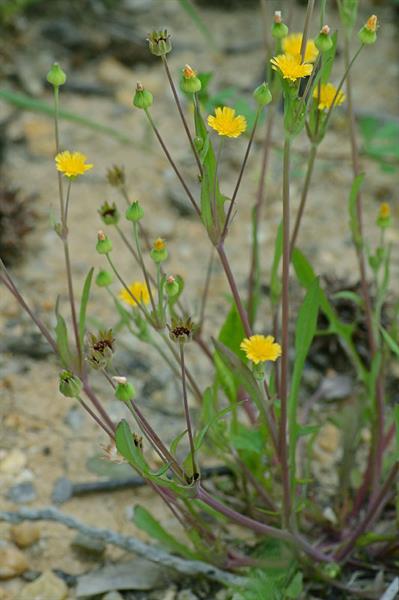 © Gary P. Fleming | Original Image ⭷
© Gary P. Fleming | Original Image ⭷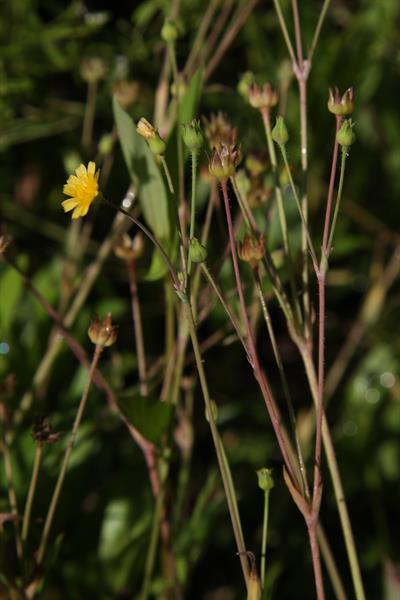 © Bruce A. Sorrie | Original Image ⭷
© Bruce A. Sorrie | Original Image ⭷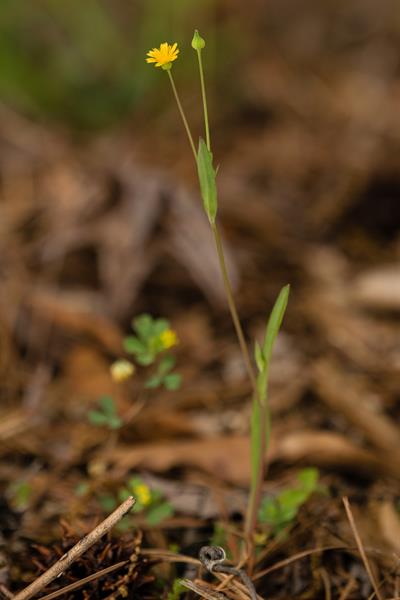 © Keith Bradley | Original Image ⭷
© Keith Bradley | Original Image ⭷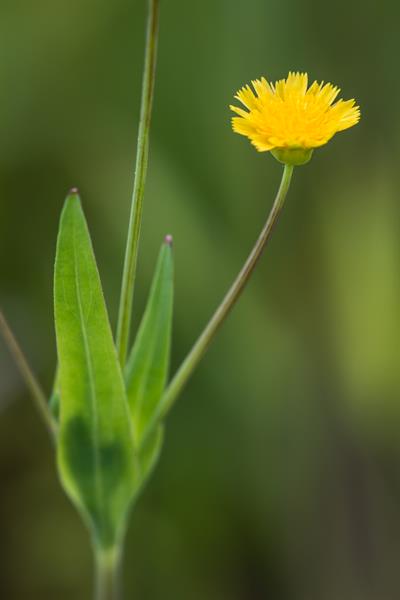 © Keith Bradley | Original Image ⭷
© Keith Bradley | Original Image ⭷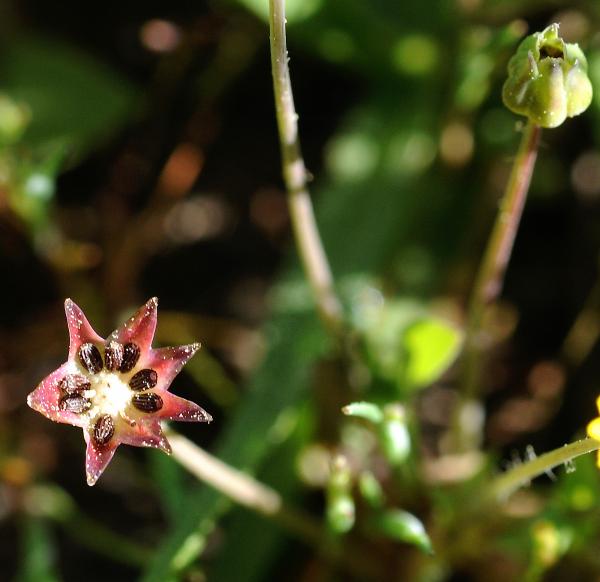 © Sonnia Hill | Original Image ⭷
© Sonnia Hill | Original Image ⭷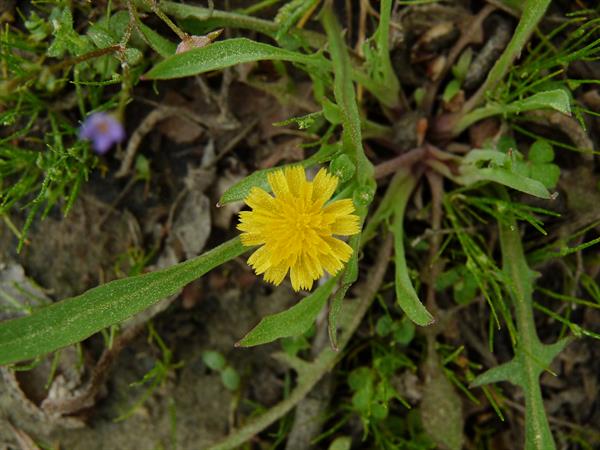 © Richard & Teresa Ware CC-BY-NC, permission granted to NCBG | Original Image ⭷
© Richard & Teresa Ware CC-BY-NC, permission granted to NCBG | Original Image ⭷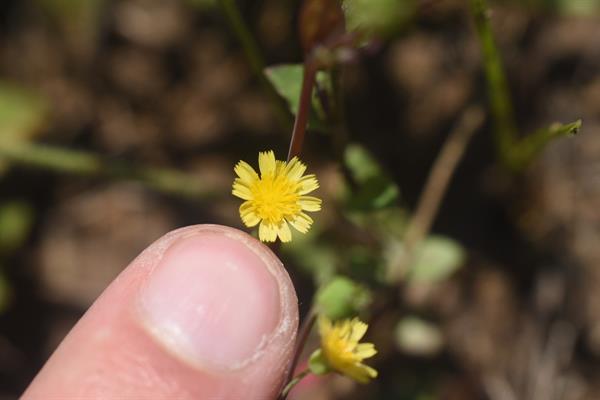 © Aidan Campos source | Original Image ⭷
© Aidan Campos source | Original Image ⭷Feedback
See something wrong or missing on about Krigia cespitosa? Let us know here: (Please include your name and email if at all complicated so we can clarify if needed.)
Cite as...